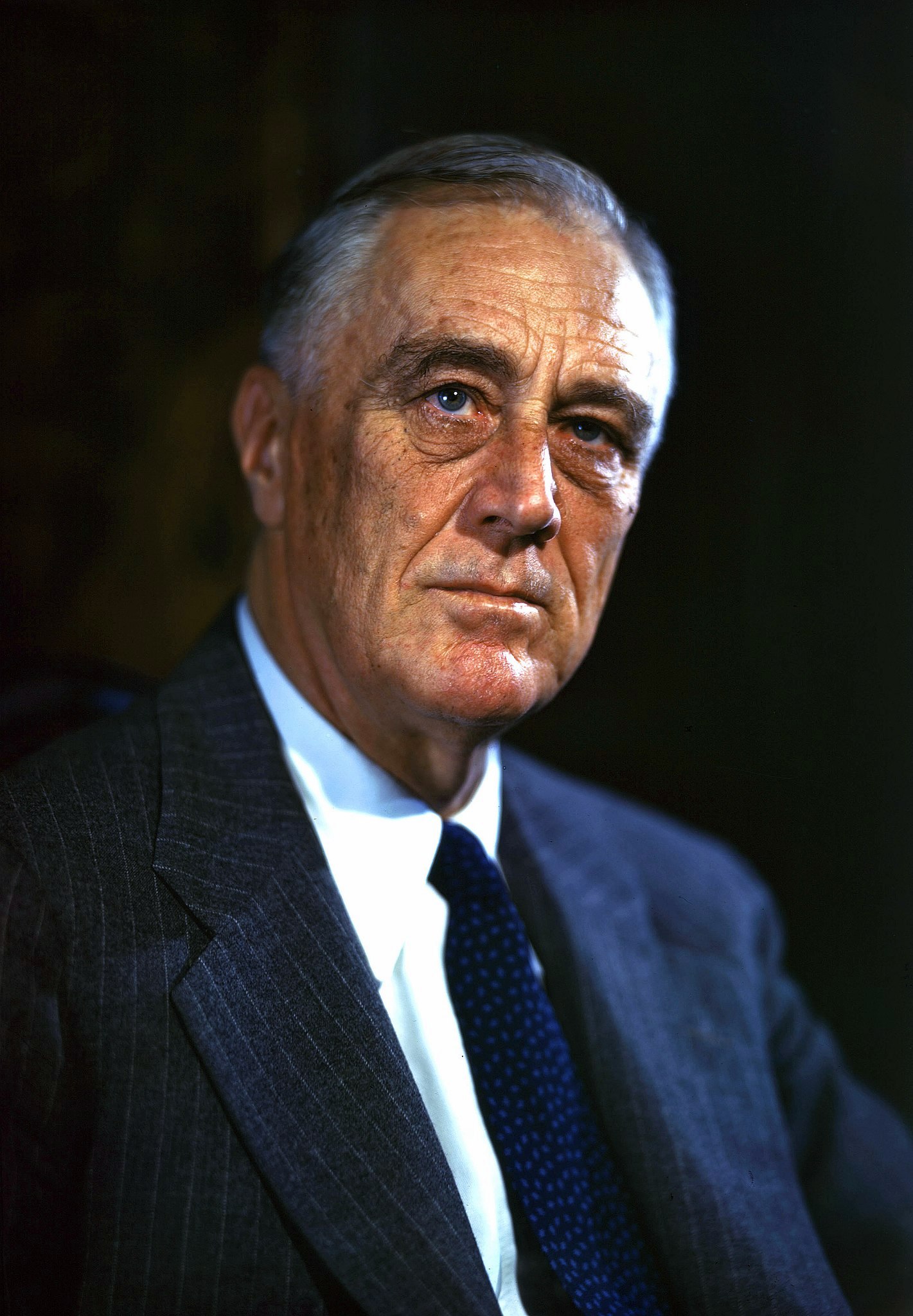
By Thomas L. Stokes
Washington –
One very significant fact emerged from the 1944 presidential campaign as to the future function and objective of our government.
This is that laissez-faire, though long dead, was finally buried formally for all time, both as affects our place as a nation among other nations, and as affects the role of our government in the life of its people.
Both parties, through their platforms and candidates, agreed that no longer can there be any hit-or-miss, any happy-go-lucky attitude, any return to the principles of what are fondly called “The Good Old Days,” in the conduct of our affairs with other nations, or our own affairs within our country.
There will, of course, be dissenting voices in Congress, and perhaps bitter fights in Congress over the method of our cooperation with other nations and the method of adjusting our national economy. But it will be a battle over a plan, and not a battle as to whether there should be a plan.
The principle of national planning, of supervision from Washington of the delicate mechanism of our national economy, has been established and accepted finally, just as has the necessity of planning our relations with other nations of the world.
Significant turn
This is a simple fact, long recognized in many quarters, though hotly disputed in some others during this campaign. It is worth noting, for it represents a significant turn in national affairs that perhaps will assume more importance in the history books than it does now when seen as closely.
President Roosevelt and Governor Dewey stood together on the creation of a post-war world organization. Primarily such an organization is to keep the peace. But in that objective, it must plan in other directions – to do away with trade barriers, to open up access for all nations to raw materials, to check international monopolies, to protect minority groups, and the like, It is from these sources of irritation that wars spring.
The United States has taken the lead in the past in all these areas and is prepared, from its experience, to furnish leadership now.
Earlier in his campaign, before the fur began to fly, Governor Dewey expressed a philosophy of broad national government participation im meeting economic and social problems. Even before that, in his St. Louis conference with Republican governors, Governor Dewey supervised the drafting of a program which called for broad use of federal powers, in cooperation with the states, to promote the social and economic welfare of the people.
OK’d New Deal reforms
In his campaign along the Pacific Coast, he accepted the various domestic reforms of the New Deal, speaking as the leader of his party. At the same time, he espoused government intervention to keep the economic structure in balance, to provide jobs when private industry could not, to support prices of farm crops against collapse, and so on. He pronounced the end of the “Dog-Eat-Dog” philosophy.
At Los Angeles, he went a step further and advocated extension of social security to cover 20 million persons not now included, and additional assistance to veterans in getting jobs and being rehabilitated.
Simultaneously with advocacy of a broad participation of the national government in the lives of the people, Republicans made quite an attack on “bureaucracy” which raised an inconsistency often pointed out. The reforms of the New Deal require lots of personnel to administer, though not near as much perhaps as the government now employs.
Extension of Social Security undoubtedly would add some more.
What this all adds up to is that if people are to be given this sort of government, as both parties are agreed, then it will require continually large personnel to administer it. There is no way around it, even though politicians in the heat of a campaign don’t say so while making their promises.
But there is a “bureaucracy” issue in the top-heavy, inefficient structure, with its duplication of agencies and its waste, and Republicans performed a service in pointing this out. President Roosevelt recognized this vulnerability early in the campaign when he issued orders for a survey to prepare for liquidation of war agency personnel.
But more than a survey will be needed to cut the government structure down to size.


